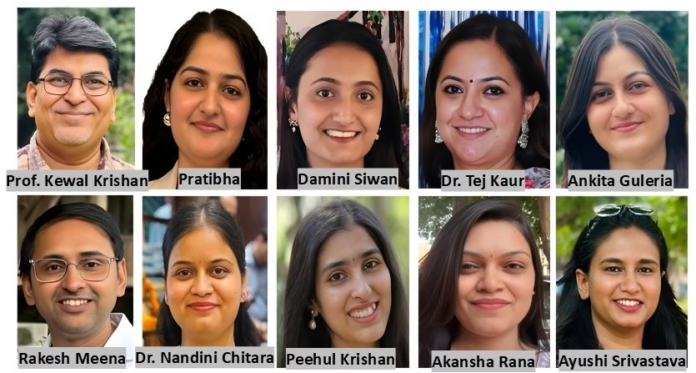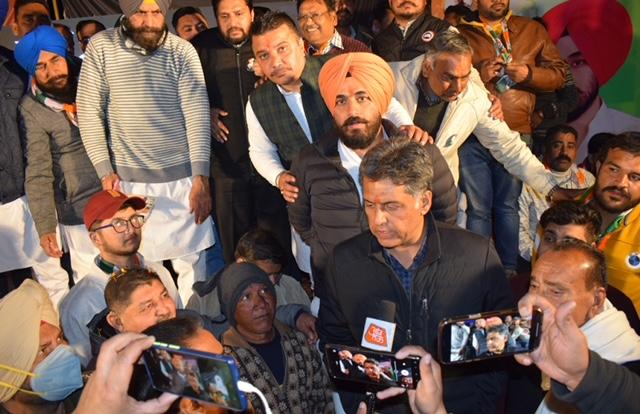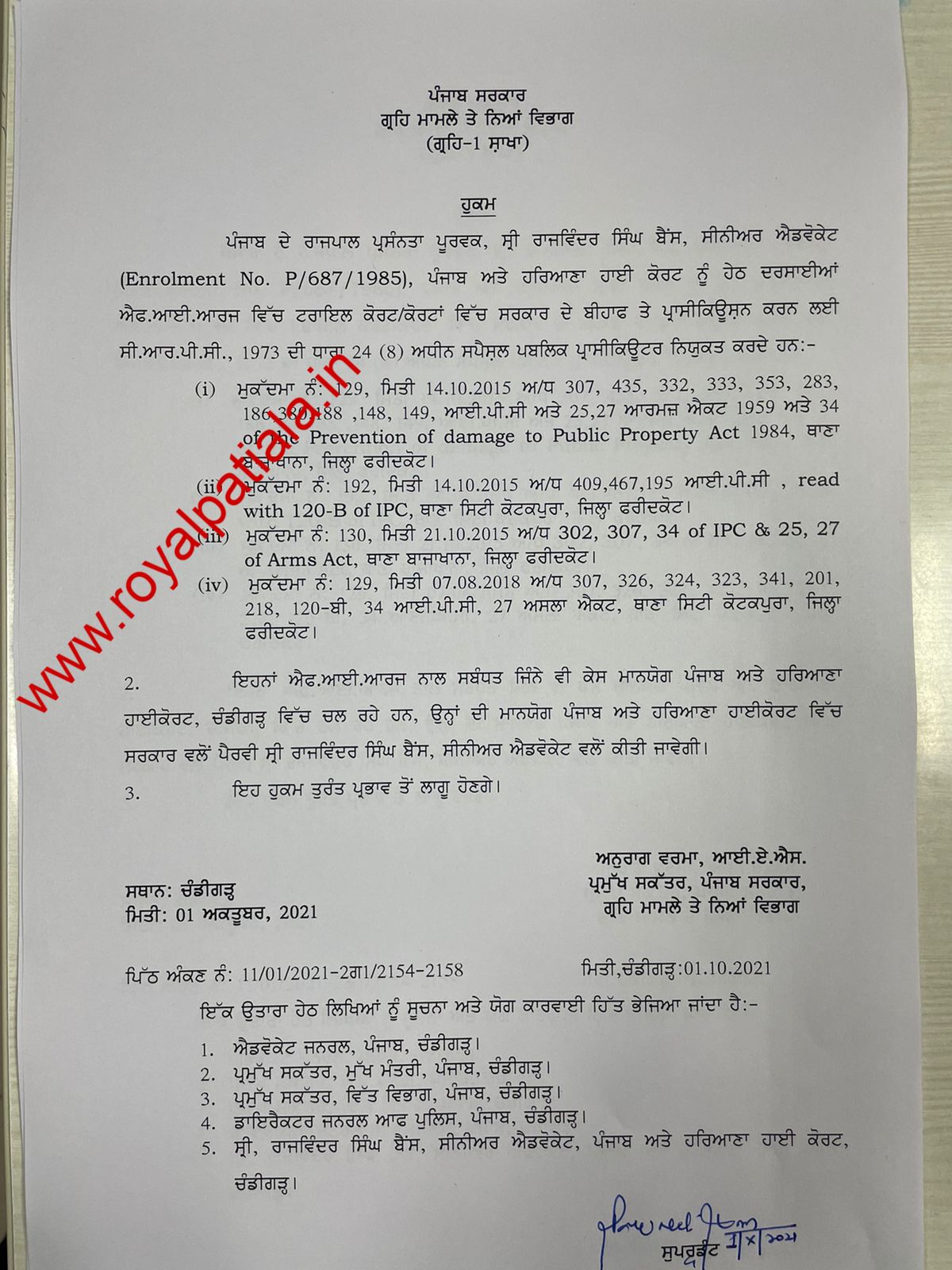To detect Cloned and Original Human Voice Panjab University Forensic Team Develops AI Software, GoI grants Copyright
Kanwar Inder Singh/ royalpatiala.in News/ September 22,2025
Panjab University (PU) has achieved a significant milestone with the development of an artificial intelligence (AI) software capable of distinguishing between AI-generated (cloned) voices and original human voices.
The innovative tool, created by a forensic research team from the Department of Anthropology, has been granted software copyright by the Copyright Office, Government of India. Designed to counter the growing threat of synthetic voices in digital communication, the software offers valuable applications in forensic analysis of phone threats, voice examinations in crime investigations, and other security-related scenarios.
Guided by internationally acclaimed forensic scientist Professor Kewal Krishan, the PU team trained the software to effectively identify whether a voice belongs to a real person or is AI-generated. “This development addresses an urgent need in modern forensic science, where the rapid spread of AI-generated content poses serious challenges to crime detection and evidence analysis,” said Prof. Krishan.
The project was led by Ms. Pratibha as part of her Master’s degree dissertation, with contributions from Damini Siwan, Dr. Tej Kaur, Ankita Guleria, Rakesh Meena, Dr. Nandini Chitara, Peehul Krishan, Akansha Rana, and Ayushi Srivastava. Using a dataset of 100 audio samples—50 real human voices and 50 computer-generated voices—the team trained a Support Vector Machine (SVM) model, a specialised AI tool, to capture tone, texture, and unique speech patterns. The software achieved an accuracy of 80% in detecting cloned voices during testing.
The research, carried out over six months, involved multiple experiments and meticulous analysis. The resulting software not only reduces the workload of forensic scientists but also offers a practical solution to the escalating misuse of AI-generated voices in fraud, cybercrime, and digital misinformation.
Congratulating the team, PU Vice Chancellor Professor Renu Vig said, “This pioneering work demonstrates the power of combining artificial intelligence with forensic science. It is a remarkable achievement with immense social relevance, and I encourage our researchers to continue leveraging AI to develop innovative solutions for societal welfare.”













